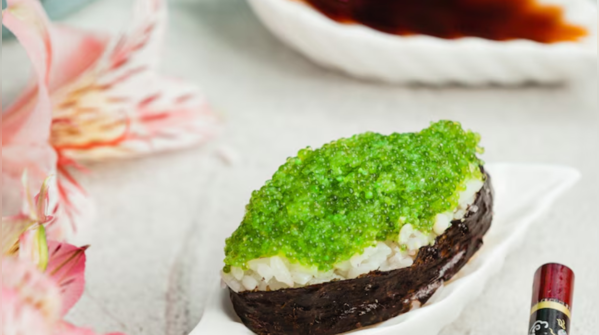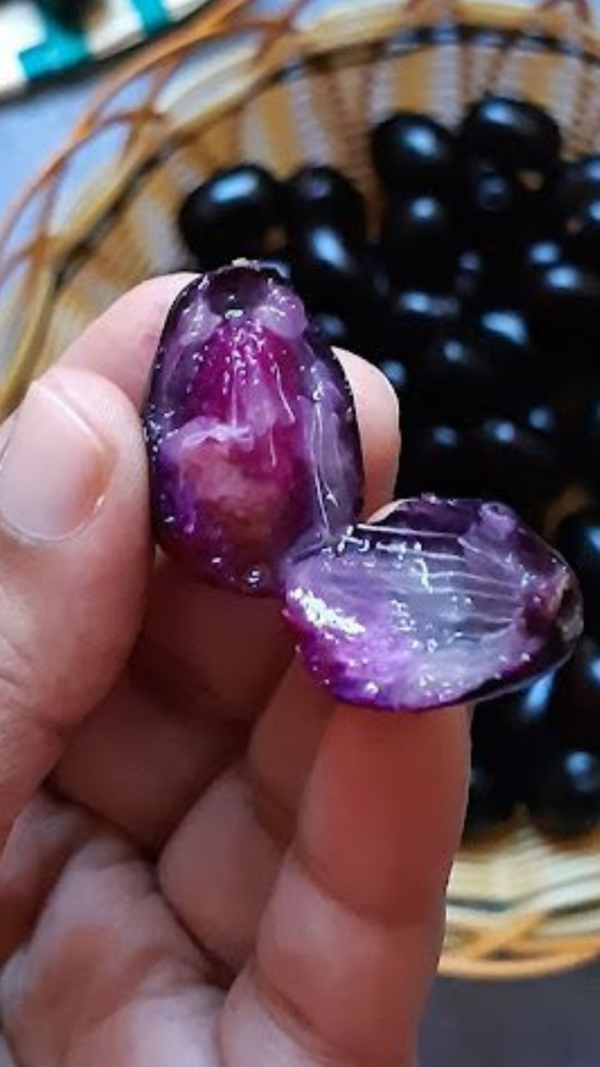- News
- lifestyle
- health-fitness
- health-news
- Japanese secrets for living a healthy and longer life
Japanese secrets for living a healthy and longer life

Japanese secrets to healthy living are deeply rooted in balance, mindfulness, and simplicity
Japanese secrets to healthy living isn’t about extremes but consistency and harmony between body and mind—key reasons for their remarkable longevity and vitality.
Their diet is rich in fresh vegetables, fish, fermented foods, and green tea—packed with nutrients and antioxidants. Portion control and the principle of hara hachi bu (eating until you're 80% full) help prevent overeating. Daily physical activity, like walking or gentle exercises, is part of the lifestyle. The Japanese also value community, purpose (ikigai), and routine, all of which contribute to mental well-being.

Ikigai: Life's purpose
Ikigai is a philosophy of life that originated in Okinawa and allows one to find one's reason for being happy and leading a healthy life. In the Japanese lifestyle, Ikigai teaches them what’s the point of living a long life if you lead it with a monotonous mindset and meaningless existence. Whether it is caring for a garden, socialising with family and friends, or even pursuing a lifelong passion, the philosophy of Ikigai keeps you going.

Matcha: Japan’s superfood
Matcha has brain-boosting effects. Matcha is consumed in its entirety, offering a higher concentration of vitamins and nutrients. Jam-packed with anti-oxidants and has been a part of the Japanese culture for centuries. Rich in Vitamins A, C, and E, it boosts the immune system and helps fight infections and aids in digestion. There are numerous ways to enjoy matcha: making a matcha Latte, enjoying it the traditional way by mixing it with hot water for an authentic experience. This superfood of Japan is also known to boost metabolism and aids in weight loss.

Hara Hachi Bu: The Japanese practice of eating until 80% full
An ancient Japanese eating technique that means “eat until you are 80% full”. This is a mindful eating habit developed by Japanese inhabitants originally from Okinawa. This technique prevents one from over-eating, supports weight management and improves digestion. Hara Hachi Bu promotes awareness of hunger cues and encourages people to eat more slowly and more consciously. This simple yet powerful eating technique is one of the major reasons for Okinawan people to lead such a long and healthy life.

Wabi-sabi: The art of imperfection
An ancient Japanese philosophy that embraces imperfection and simplicity. Deeply rooted in Buddhism, it teaches us to find how beauty is in the natural cycle of growth, decay rather than seeking flawlessness. Living minimally, promoting sustainable life and appreciating the beauty of the ordinary is all that matters in the Japanese way of living. Japanese people make use of this technique in their everyday life, using hand-made pottery, letting go of perfectionism and embracing the originality of it all; and valuing authenticity over unrealistic expectations.

Shinrin-Yoku: Forest bathing
This is a very simple yet powerful way to reduce anxiety, boost immunity and attain mental clarity. According to this philosophy, trees release natural phytoncides that strengthen the immune system from the inside. It acts as a method of digital detox, disconnecting from screens and laptops to clear the mental clutter. It is said that being in nature increases serotonin and dopamine, which enhances happiness. This practice is simply about being in nature and absorbing its healing energy

Inemuri: the Japanese practice of sleeping in Public
Translates to sleeping while present. Taking short naps in workplaces, public transport and cafes. It is not considered as a deep sleep, but rather a powerful nap that relaxes the mind and calms the body, providing clarity. Japan has a demanding work culture, making inemuri a necessity for many. Most commonly seen in schools, during meetings, in offices and even on trains.

Washoku: the traditional Japanese cuisine
Known for its balance, seasonality and focus on natural flavours. Washoku is a UNESCO-recognised practice, which highlights its cultural significance and health benefits. Aesthetic presentation matters a lot in Washoku; meals are beautifully arranged reflect harmony with nature. The most common Washoku dishes are Sushi, Miso soup, Nimono, Tempura and Tsukemono. These meals are rich in fiber, vitamins and omega-3 fatty acids, which promote gut health

Kaizen: Philosophy of continuous improvement.
Rather than drastic transformations, Kaizen focuses on gradual and steady progress. It facilitates teamwork and collaboration, encourages employees to suggest improvements in the workplace. Kaizen in daily life promotes work productivity, personal growth and home organisation.








